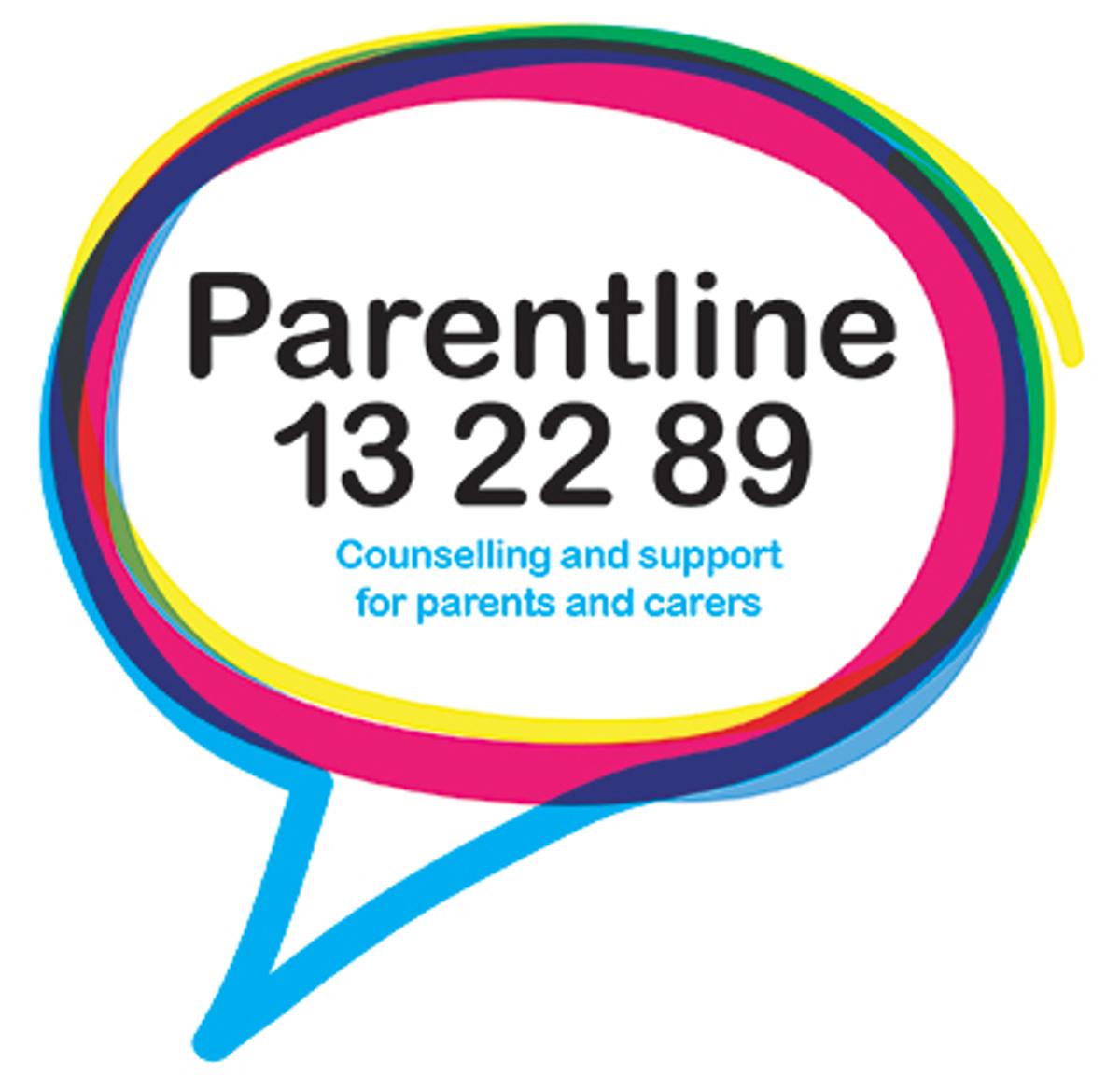Parent Wellbeing

Promoting Tolerance & Acceptance
This past week we celebrated IDAHOBIT day (International Day Against Homophobia, Biphobia and Transphobia). So lets talk about acceptance and tolerance across our community that encompasses these ideas of accepting difference from all walks of life.
In our diverse and ever-changing world, fostering an environment of tolerance and acceptance is more important than ever. As parents and educators, we have a shared responsibility to guide our children towards understanding and embracing differences in people, lifestyles, religions, and sexualities. By doing so, we prepare them to become compassionate, respectful, and well-rounded individuals.
Understanding Diversity
Diversity encompasses the unique qualities and perspectives that each person brings to our community. These differences include, but are not limited to, race, ethnicity, gender, religion, sexual orientation, and socioeconomic background. Encouraging our children to appreciate these differences helps them to see the world through a broader lens and to develop empathy for others.
Why Tolerance and Acceptance Matter
Tolerance and acceptance are crucial in building a harmonious and inclusive society. When children learn to accept and respect others' differences, they are less likely to engage in bullying or discriminatory behaviours. Instead, they become advocates for equality and justice, promoting a safe and supportive environment for everyone.
In a school setting, students who feel accepted and valued are more likely to thrive academically and socially. They develop stronger self-esteem, build better relationships, and are more motivated to participate in school activities. Moreover, a culture of acceptance reduces the likelihood of conflicts and creates a more positive school climate.
How Parents Can Promote Tolerance and Acceptance
As parents, you play a vital role in shaping your children's attitudes and behaviours. Here are some expanded ways you can help promote tolerance and acceptance:
Lead by Example
- Model Respectful Behaviour: Your children observe how you interact with others. Demonstrate respect in your daily interactions, whether it's with family members, friends, or strangers.
- Inclusive Language: Use language that is inclusive and respectful of all people. Avoid making assumptions based on stereotypes.
Encourage Open Dialogue
- Create Safe Spaces: Ensure your home is a place where your children feel comfortable discussing their thoughts and feelings. Be approachable and open to their questions.
- Discuss Current Events: Talk about news stories or events that highlight issues of diversity and inclusion. Help your children understand the context and importance of these issues.
Expose Your Children to Diversity
- Cultural Experiences: Attend cultural festivals, visit museums, and participate in community events that celebrate different cultures and traditions.
- Diverse Media: Choose books, movies, and TV shows that feature diverse characters and stories. This helps children see the world from different perspectives.
Teach Empathy
- Role-Playing: Use role-playing activities to help your children understand how others might feel in certain situations. This can be especially effective for younger children.
- Community Service: Encourage your children to volunteer. Helping others can foster a sense of empathy and understanding.
Challenge Stereotypes
- Critical Thinking: Teach your children to think critically about the stereotypes they encounter. Discuss why these stereotypes are unfair and inaccurate.
- Positive Reinforcement: Praise your children when they demonstrate understanding and acceptance of others.
Support Inclusive Policies
- Get Involved: Participate in school meetings, attend parent teacher conferences, and support initiatives that promote diversity and inclusion.
- Advocate for Change: If you notice areas where the school could improve in terms of inclusivity, speak up and offer constructive suggestions.
Educate Yourself and Your Family
- Continual Learning: Stay informed about issues related to diversity and inclusion. Share what you learn with your family.
- Workshops and Seminars: Attend workshops or seminars on diversity and inclusion. Many communities and organizations offer these resources for free.
Encourage Friendships Across Differences
- Social Activities: Encourage your children to participate in diverse social activities and make friends with people from different backgrounds.
- School Clubs: Support your children's involvement in school clubs and organizations that promote diversity and inclusion.
To wrap it up, promoting tolerance and acceptance in our children is a continuous journey that requires patience, commitment, and effort from all of us. By working together, we can create a school environment where every student feels valued and respected. We should aim to empower our children to be the change-makers who will shape a more inclusive and accepting future.
Thank you for your ongoing support and partnership in fostering a community of tolerance and acceptance.
Seeking Textbooks & Laptops
Free Eye Tests - Register Today
Parent Support Services
Parentline: 13 22 89
If you would like further ongoing support, it is recommended that you make an appointment with your family General Practitioner (G.P.) where you can discuss the concerns that you may behaving. The G.P. will then be able to make the appropriate referral for ongoing support as required.
Student Wellbeing Team
Email: wellbeing@wantirnacollege.vic.edu.au
Ashleigh Bibby - Leader of Wellbeing
Guiseppe Relia – Wellbeing Counsellor
Talea-Jane Simpson – Wellbeing Counsellor
Sanela Avdic - Wellbeing Counsellor
Lea Marrison - Mental Health Practitioner
Tajinder Wulff - Mental Health Practitioner
Katrina Gyngell - Mental Health Practitioner





